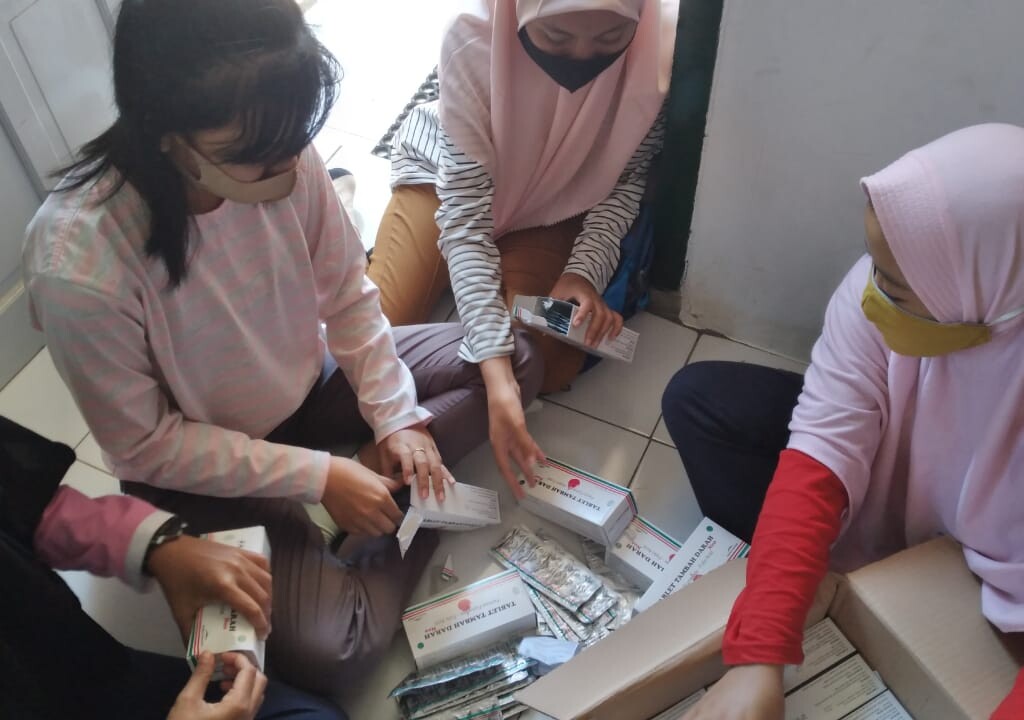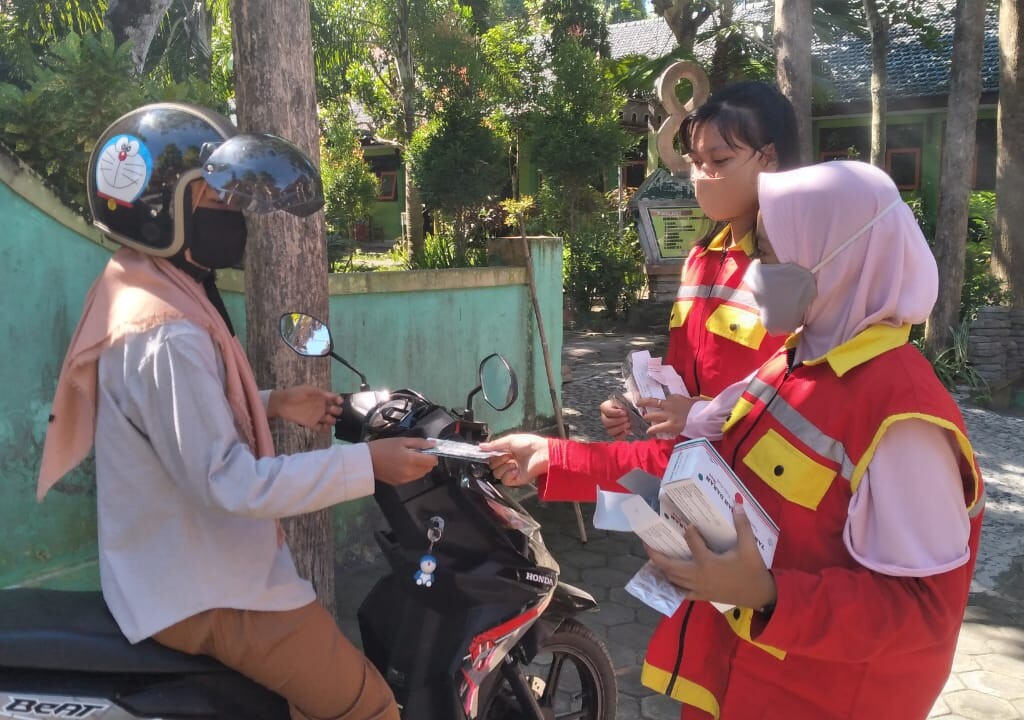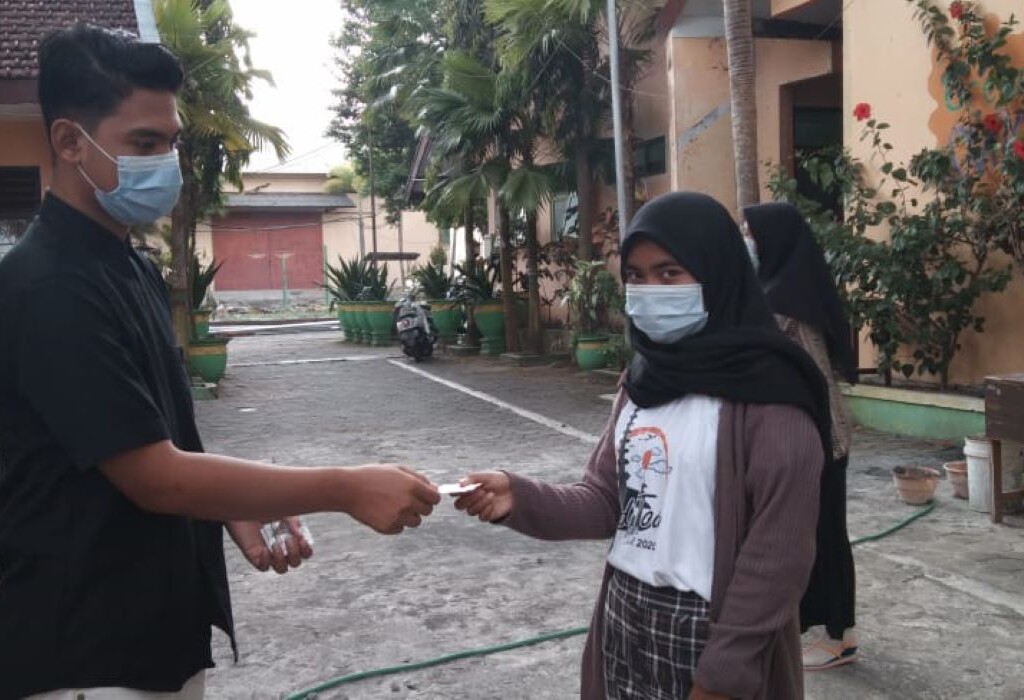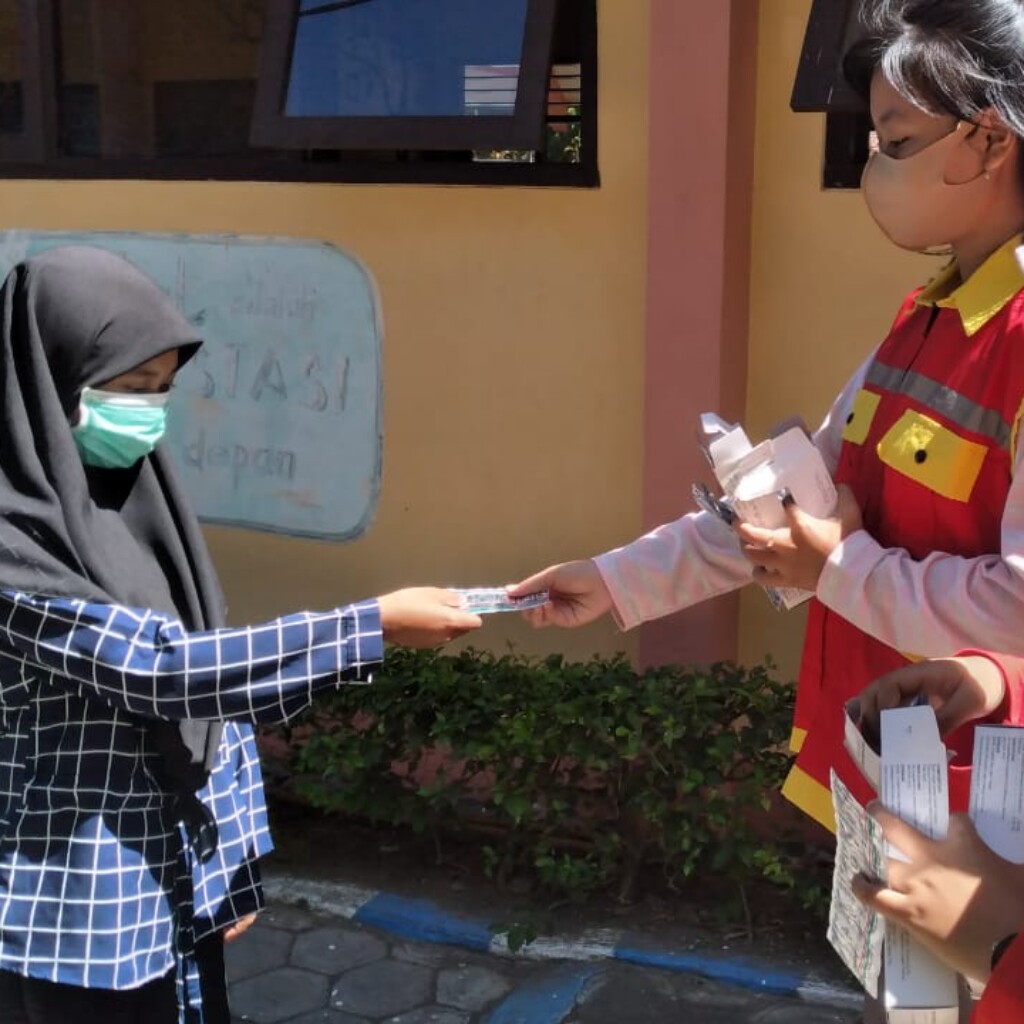While efforts are intensifying to reach out-of-school girls in the community, schools remain the main platform to deliver adolescent health and nutrition programs. COVID-19 closures presented a roadblock, as the majority of students were out of school and many girls were delayed in returning or didn’t come back at all. As schools gradually reopened in 2021, delivery of WIFAS and nutrition education was able to resume through school-based partnerships. With the health and education sectors as the main partners, training teachers along with health workers on the risks and consequences of anaemia and the potential for girls to benefit from WIFAS has been a key focus. Training and support for peer educators, and nutrition session and curriculum development have supported the expansion of nutrition education for adolescents. In countries where the adolescent nutrition program is relatively new, we also worked to ensure the availability of the appropriate form of iron and folic acid supplements when they have not yet been procured by the government.
Gender-sensitive nutrition education, behaviour change intervention strategies and training modules helped to promote community awareness and sensitize health workers to the specific nutrition needs of adolescent girls and boys, so parents, teachers, health workers, community influencers and adolescents themselves are motivated to support improving adolescent nutrition.



